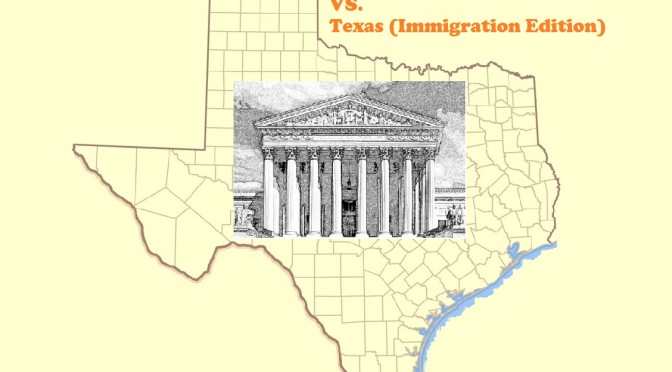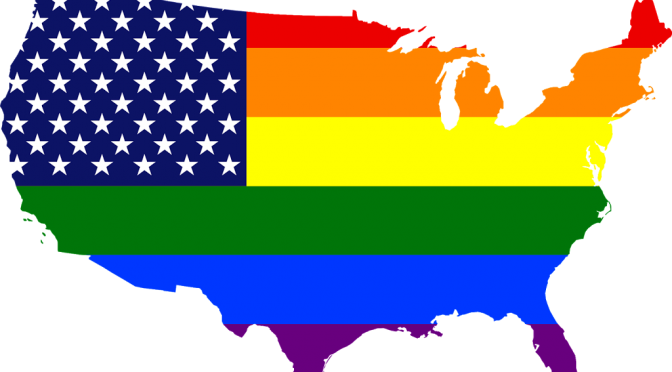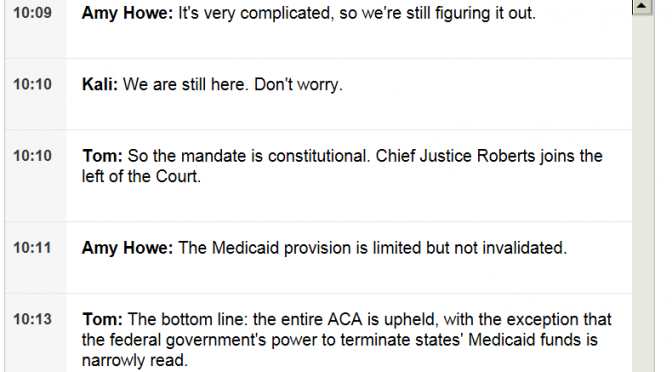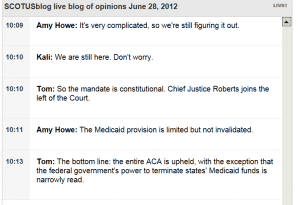
The Supreme Court may not be complete, but that doesn't mean they are any less capable of causing a firestorm. In what seems to be an incredibly short-sighted decision, a major pillar of the United States Constitution has been all but gutted. Here's the information from the New York Times editorial board...
The Continue Reading ››

By this point in the Obama Presidency, one thing is clear... the legacy of our nation's 44th President is not being debated in the halls Congress, but in the halls of our nation's highest courts. Such was the case with the President's landmark legislative achievement-- the 2010 Affordable Care Act, and again the case in …
Continue Reading ›› 
In what can only be interpreted as a visible sign of progress, several prominent Republicans have filed an Amicus Brief to the Supreme Court stating that they support marriage equality for the whole United States.
Here's the story from
Time magazine...
More than 300 veteran Republican lawmakers, operatives and consultants have filed a friend of the … Continue Reading ››

In a landmark ruling this week, the United States Supreme Court has taken a bold step to protect 'digital privacy' rights in the United States. Here's the story from the
New York Times...
In a sweeping victory for privacy rights in the digital age, the Supreme Court on Wednesday unanimously ruled that … Continue Reading ››
The folks over at
ThinkProgress have done a spectacular job on summarizing the very complicated range of possibilities for what could happen this week. As the Supreme Court has historic hearings on both the Defense of Marriage Act and Prop 8, here's what you'll want to look for...
How … Continue Reading ›› 
Yes that's right...
Fox News. How did you guess?
Apparently, breaking news that
the Supreme court has decided to take up landmark cases on both California's Prop 8 and the Defense of Marriage Act isn't really "newsworthy" to the Right-wing network. Given the outcome, these decisions, to …
Continue Reading ›› 
Finally the long wait is over. Per
SCOTUSblog, the Supreme Court has ruled the Affordable Care Act CONSTITUTIONAL by a 5-4 vote. The Healthcare law remains mostly intact.
Continue Reading ››
A Voice for the Rest of Texas






